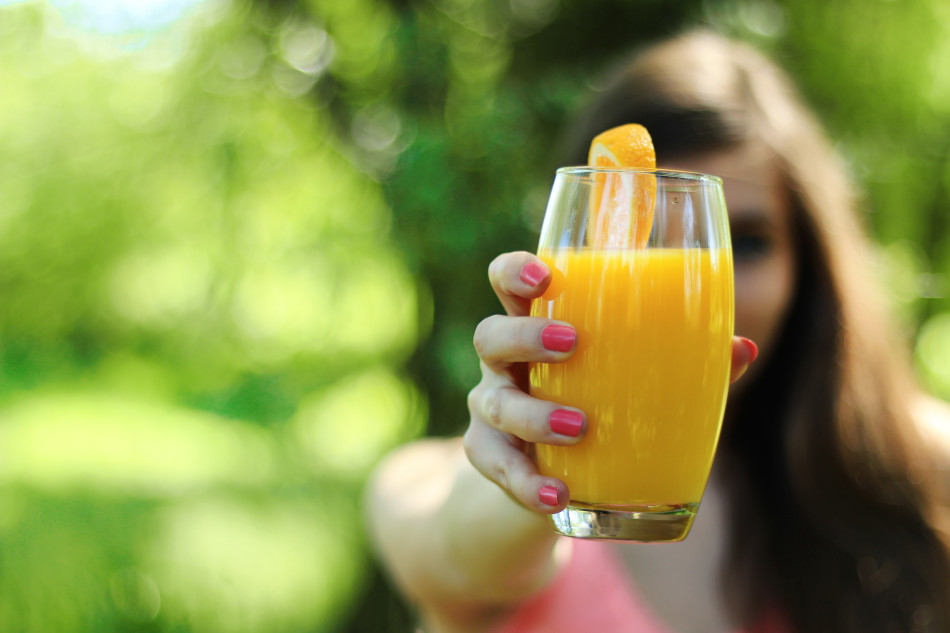Differences between home squeezed and packaged juice

Differences between home squeezed and packaged juice
1 min read
When considering whether to buy packaged juice or squeeze it at home, we often assume that convenience comes at the cost of fewer nutrients. However, this isn't always the case. Read on to find out more.
Polyphenols – packaged better
Hesperidin is a natural plant polyphenol found in citrus fruit. Studies suggest it has anti-inflammatory properties[1] and a role in supporting healthy blood vessels.[2] A study in the Journal of Agricultural and Food Chemistry[3] found that blood samples contained three times more hesperetin (a substance produced when the body breaks down hesperidin) after people drank packaged 100% orange juice compared with freshly squeezed orange juice. This is down to the more efficient mechanical juicing process involved in producing the packaged version.
Vitamin C – home squeezed better
It's a myth that pasteurisation and other food safety techniques destroy the vitamins in fruit juice. Levels of vitamin C are typically slightly lower in packaged juice than in freshly squeezed. However, fresh juice is more exposed to the air, causing the vitamin C to quickly deteriorate if you don’t drink it immediately – even if you keep it in the fridge. With shop-bought versions, the packaging is specifically designed to stop air getting in. This means the vitamin C levels can be maintained for longer.
Minerals – both types similar
According to studies, potassium is found at similar levels regardless of whether orange juice is freshly squeezed or from concentrate[4].
What about juices made from concentrate?
Whether fruit juice is from concentrate, or not from concentrate, vitamin C levels are classed as ‘high’, according to EU regulations and are in the range of 36-53 mg per 100 mL. The exact amount depends on factors such as orange variety and season, juicing processes, packaging materials, and storage conditions.
Freshly squeezed or bought from a shop – not forgetting from concentrate – orange juice contains a wide range of vitamins, minerals, and plant compounds, making it a nutrient-dense component of a healthy diet.
[1] Rocha DMUP et al. (2017). https://pubmed.ncbi.nlm.nih.gov/29068453/
[2] Morand C et al. (2011). https://academic.oup.com/ajcn/article/93/1/73/4597707
[3] Silveira JQ et al. (2014). https://pubmed.ncbi.nlm.nih.gov/25495754/
[4] Data provided by SGF International (2018). [from New data on the composition of 100% orange juice reveals wide array of nutrients and bioactives.
